LongShots 2022: Meet the esteemed film festival jury
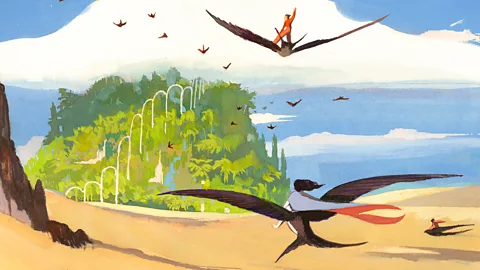
In celebration of the six films shortlisted by LongShots and the thrilling journeys they take us on, we asked our panel of esteemed jurors – filmmakers and industry experts – to share their ideas on what makes a memorable cinematic journey.
From an intitial list of sixty films nominated by six of the world's most esteemed film festivals, the LongShots festival curators narrowed this down to a shortlist of six documentaries. All shortlisted films will be available to watch for free on the BBC Reel website from 8 September. The audience can vote for their favourite, and a jury of industry experts will award the Jury prize. The deadling for voting is 19 September, and the festival winners will be announced on 21 September.
Meet the jurors who will be awarding this year's Jury prize.
Sara Dosa
Sara Dosa, US director and producer, is one of the most acclaimed female documentary filmmakers today with her works having received Emmy and Independent Spirit Award nominations, as well as a Peabody win for her 2016 film Audrie & Daisy.
Her recent multi-awarded documentary Fire of Love – which captures the otherworldly journeys of volcanologists Katia and Maurice Kraff − was named "The Greatest Lava Story Ever Told" by Rolling Stone magazine.
The films that Dosa feels most connected to are the ones that allow her to fully immerse herself in unfamiliar journeys through space and time. "Even if nothing 'happens' but I get to exist there, it can ignite curiosity and emotion that I didn't necessarily feel before or know existed," she says. "My favourite films are the ones that teach me that it's possible for new colours to exist in the world."
After this period of global lockdown, Dosa believes that many people are interrogating what it means to journey. For a while, mobility came at a premium, circumscribed by power and privilege, she says. Now in the wake of the pandemic, she hopes to be inspired by filmmakers who shine a light on the tension within our new understanding of what it means to traverse great distances.
With so many structural injustices exposed worldwide during the pandemic, she believes now is a critical time for documentary cinema to perform its age-old role of interrogating systems of power and, ultimately, catalysing positive change.
"I feel like there's a lot of broken connections and potential for new growth everywhere. And I think that non-fiction work has the power to illuminate both the brokenness and the regeneration all at once."
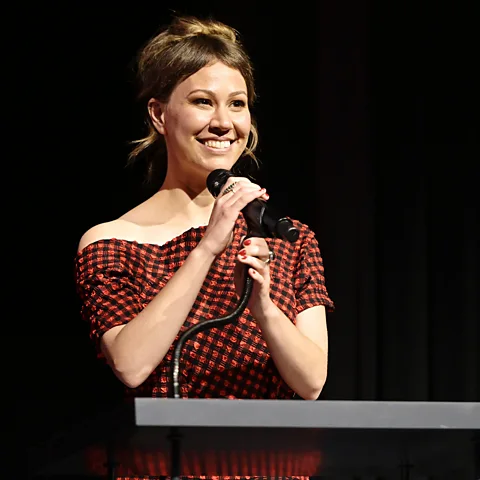
Courtney Stephens
Courtney Stephens is a celebrated US writer and director with a collection of experimental short films, feature documentaries and cinematic essays that has garnered global recognition. Her work has premiered at revered galleries and film festivals such as the Museum of Modern Art, The National Gallery of Art, the Berlinale, South by Southwest and the New York Film Festival. Stephens is also the recipient of a Guggenheim Fellowship and a Fulbright Scholarship.
Her 2021 documentary The American Sector, co-directed by Pacho Velez, was named one of the best films of the year by The New Yorker. Most recently, she debuted an hour-long film essay Terra Femme at MoMA – a collection of archival travel footage shot by women in the early 20th Century.
When considering the mark of a successful journey within documentary cinema, Stephens is interested in films that not only leave the viewer somewhere different than where they began, but also find new ways to frame the subjects at hand. The non-fiction films that fascinate her are the ones that go beyond raw, factual news reporting, and are unafraid to inject light traces of fiction or surrealness to more meaningfully portray the complicated world in which we live. "Films that it feels like they came up with a language specifically for the subject matter at hand," she says. "That they really invented something that best deals with the material."
The role of documentary cinema in today's world is greatly impacted by a general mistrust in the consumption of media, Stephens says. Viewers and artists alike find themselves in a different relationship to "the real" at the present moment, "so I do think that it's non-fiction films' task to not just protest that or ignore it, but to engage with it and transform it in some way."
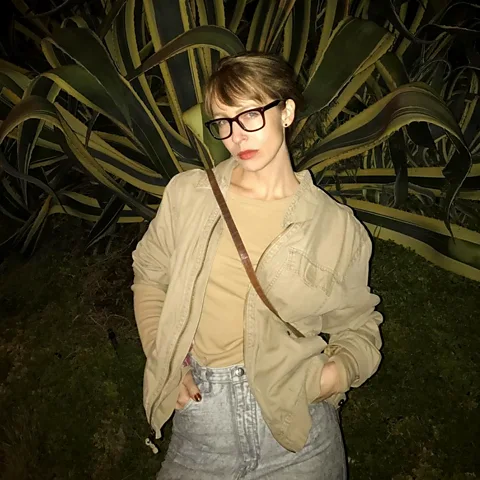
Alejandro Loayza Grisi
Decorated Bolivian director Alejandro Loayza Grisi began his career in still photography before moving to film, featured in publications and exhibitions, and winning national awards in Bolivia. His debut documentary feature film Utama − about an elderly couple battling to survive a drought in their highland home − won the Grand Jury Prize at the Sundance Film Festival in 2022.
As a director of photography, Grisi has worked on the documentary series Planeta Bolivia and a handful of short films since 2017. His growing portfolio is defined by the clear cinematic visions within his films, eschewing complex, ostentatious production for the authentic richness that comes from honest portrayals of real lives.
Grisi believes documentary cinema is an essential tool in chronicling the passage of human history from a perspective no other medium can match – from events that shake the foundation of society to the quiet stories of individuals in their daily routines. "You are building an archive of what society is now, where we come from and where we are headed," he says. "That's why I love documentary film-making, because it can show things that nothing else can."
The journeys that documentaries take film-makers and their viewers on can often extend past the things we see screen, Grisi says. By learning about other people, we can't help but place ourselves in their shoes.
If watching a documentary allows you to understand "a little kid from Bolivia or a very old person from Afghanistan, and you can relate to them, it's empathy. And I think that makes you a better person."
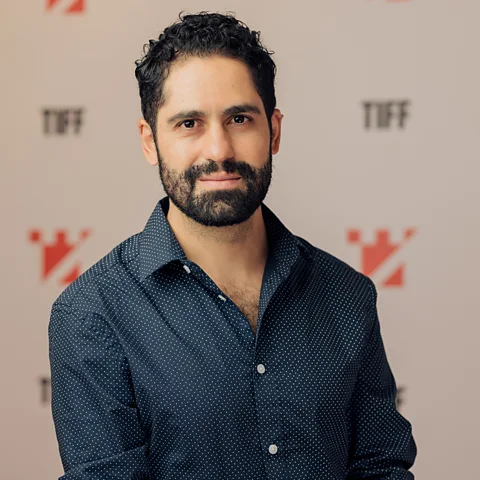
Jourdain Searles
Jourdain Searles is a US screenwriter, comedian, film programmer and freelance critic of film, television and culture based in New York City. She has written for The New York Times, Vanity Fair, GQ and Variety, and co-hosts the weekly Bad Romance Podcast critiquing and analysing romantic films.
To Searles, an on-screen journey must submerge the viewer into a lived-in universe, one that captivates through its attention to detail and engaging storytelling. Getting caught up in the director's vision for their film is part of the fun, she says, and accepting their terms of the narrative they've chosen to capture is the best way to lose yourself in the experience.
"It's all about being able to create a world and set a consistent tone. A film as short as a few minutes can be compelling with the right aesthetic."
In the current global cultural landscape, documentary remains the most underappreciated cinematic form, she says. It's easy to shift blame on the modern problem of oversaturated streaming options − the sheer number of films available to us often making it difficult to sift through and find the best. But in a time when we have the world's complete history of cinema at our fingertips, Searles says, the difficulty with which it takes to produce a truly compelling documentary should be praised more than ever before.
"It makes the films that work, the films that move us, all the more important."
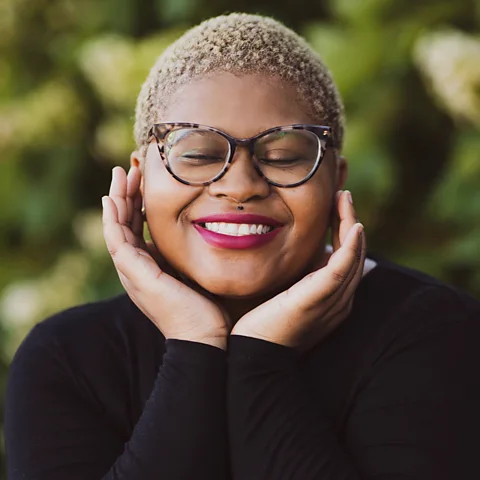
LongShots was created by Anna Bressanin, BBC Reel editor in the US and director of LongShots; Ana Catalá is the co-curator of the festival. Natalia Guerrero, Senior producer. Graphics by Clementina Gades and Laura Llewellyn. Photo editor, Javier Hirschfeld. Social media producers, Florence Craig and Soo Min Kim. Poster by Manuele Fior.
Love film and TV? Join BBC Culture Film and TV Club on Facebook, a community for cinephiles all over the world.
If you would like to comment on this story or anything else you have seen on BBC Culture, head over to our Facebook page or message us on Twitter
And if you liked this story, sign up for the weekly bbc.com features newsletter, called The Essential List. A handpicked selection of stories from BBC Future, Culture, Worklife and Travel, delivered to your inbox every Friday.
